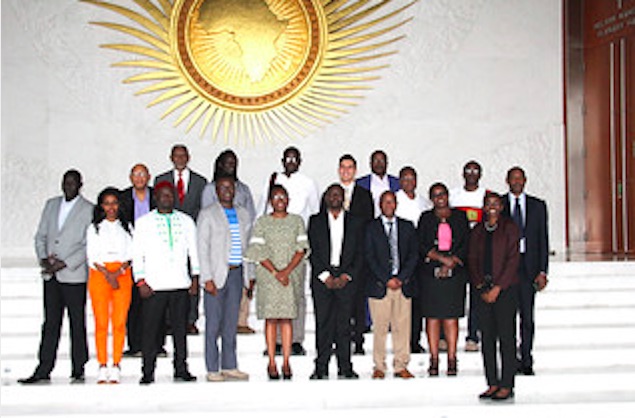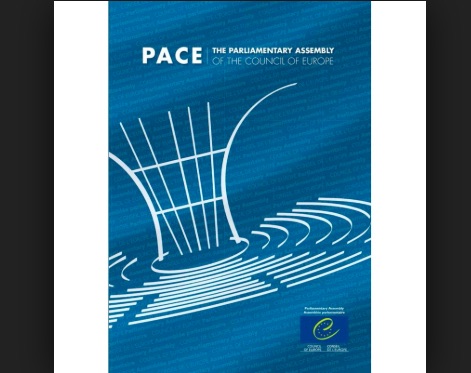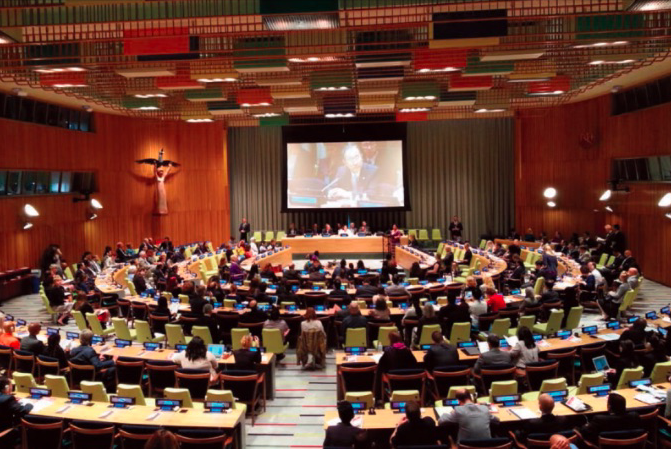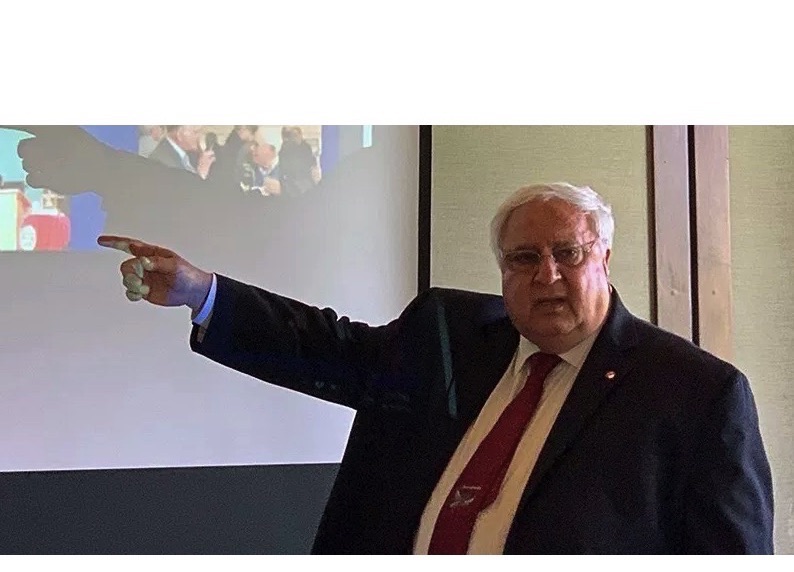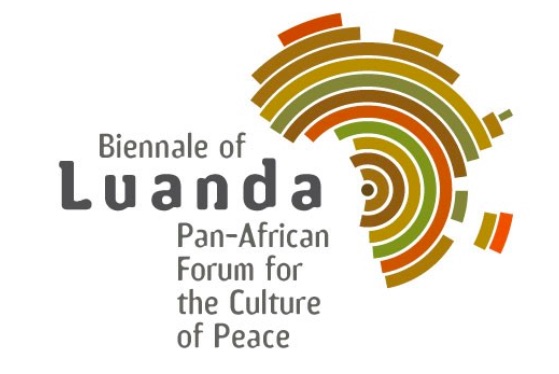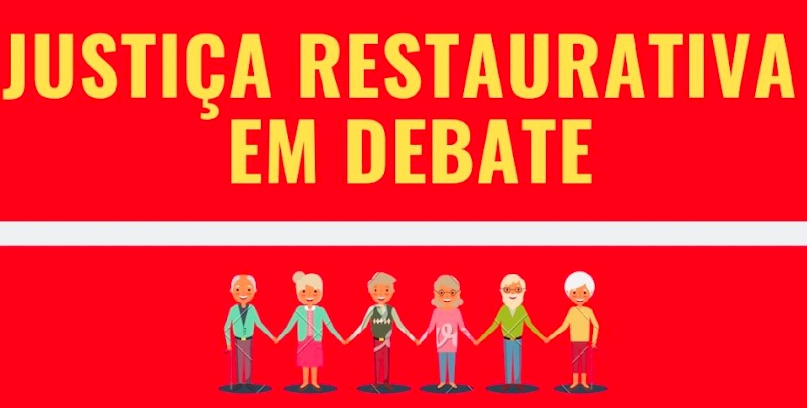… EDUCATION FOR PEACE …
An article by Nduduzo Ndlovu from the Durban University of Technology
The International Centre of Nonviolence (ICON) based at the Durban University of Technology (DUT) hosted a five-day workshop at the La Sapientia Université Catholique, Goma, Democratic Republic of Congo from 10 to 14 June 2019

Pictured: Prof Geoff Harris, Dr Joseph Rudige, Fr Innocent (Rector of La Sapientia Université Catholique) and Dr Chrys Kiyala.
The main aim of the workshop was for each of the six participating universities to develop a draft strategic plan to introduce postgraduate studies in peacebuilding. Subsidiary aims included promoting the use of participatory action research and building relationships between universities in the Great Lakes region.
“The six universities have begun working on strategic plans to establish Peacebuilding within the next couple of years; they have established a coordinating committee and are exploring ways of collaborating with each other; and three members of their academic staff will commence PhDs in Peacebuilding at DUT next year,” said ICON’s Professor Geoff Harris.
(Articles continued in right column)
What is the relation between peace and education?
Where is peace education taking place?
(continued from left column)
The workshop was led by Professor Geoff Harris and Dr Chrys Kiyala from ICON, assisted by Dr Joseph Rukema from Sub – Saharan Africa University, Goma. There were 22 participants,18 from five Congolese universities, two from a University in Burundi and two student observers from the Sub-Saharan University of Africa. One participant – Theodore Mbazumutima is a recent PhD graduate in Peacebuilding from DUT and another participant – Josephine Mauwa Kimanu is a current PhD student with DUT.
Prof Harris elaborated on some of the aspects of the workshop. “We used a participatory and experiential learning approach. Some lectures were necessary but the best learning,we feel, took place in small groups as participants wrestled with the issues and came up with promising insights. We did not prescribe how peacebuilding programmes should be organised. This can happen in a number of ways and we were aware that many factors will influence the choices which any University will make,” he said.
“We encouraged the use of participatory action research, an approach with which ICON has particular expertise, and helped participants to develop draft plans of how they might set up their own peace programme and the shape these might take,” he added.
Prof Harris also expressed appreciation at the commitment from Rector of La Sapientia Université Catholique that his University will coordinate future cooperation between the five universities with DUT. “It is very likely that three of the participants will commence PhD studies with ICON in 2020. Overall, we are confident that the workshop will act as a springboard for efforts to develop a culture of peace in the region,” said Prof Harris.
The workshop was funded by a grant from the NRF’s KIC Africa Interaction programme and enjoyed generous hospitality from La Sapientia Université Catholique.

